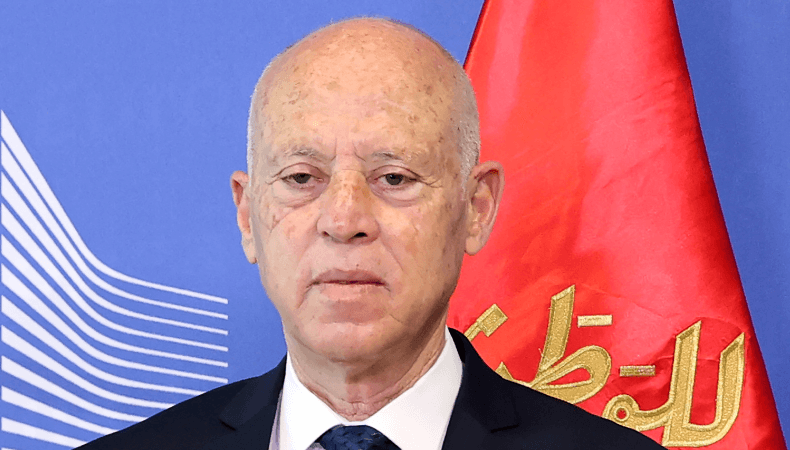Tunisia’s President Saied could secure a second term through re-election

Kais Saied’s ascent to drive in 2019 denoted a huge takeoff from Tunisia’s political norm. Tunisians who were tired of widespread corruption and economic stagnation resonated strongly with his populist-fueled campaign. Promising strong changes and a renewal of majority rule foundations, Saied’s foundation engaged residents disappointed by the disappointments of customary party legislative issues. His message tapped into Tunisian society’s collective yearning for change and a new approach to governance, generating widespread support from a variety of social groups.
Democratic setbacks during Saied’s time in office
In spite of the fact that Saied’s administration has been damaged by huge mishaps for Tunisia’s youngsters, the nation was once hailed as a guide of popularity based progress in the fallout of the Middle Easterner Spring. Saied’s organization has presented established changes that move power in the presidential branch, raising worries about the disintegration of institutional governing rules. Besides, the concealment of the dispute has been distinctly delineated by the detainment of pundits from unmistakable ideological groups like Ennahda and the Free Destourian Party, flagging a disturbing relapse in political pluralism and opportunity of articulation.
Political Scene
As Tunisia moves toward the vital 2024 political race, the political scene is set apart by a striking shortfall of powerful resistance powers. The detainment of key figures from major ideological groups has left a void in conventional roads for difference and challenge to Saied’s position. By the way, in the midst of this vacuum, Olfa Hamdi, a previous Tunisair Chief, has emerged as a generally flighty up-and-comer. While her office is seen as a longshot, her entrance into the race flags a likely change in Tunisia’s political elements and a developing craving for elective administration.
Keep Reading
Tunisia at Crossroads
The upcoming election will have a significant impact on Tunisia’s democracy in the years to come. When celebrated as a model of vote-based change, Tunisia currently defies financial difficulties and majority rule relapse under Saied’s initiative. Tunisian voters will have the chance to evaluate Saied’s controversial tenure in light of his initial promises of reform and anti-corruption measures during this election. The result won’t just shape Tunisia’s direction in the post-Bedouin Spring period but additionally decide its obligation to vote based on standards and institutional honesty, making way for the country’s political advancement in the years to come.









